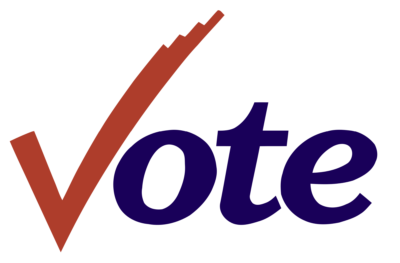Two of the more contentious ballot propositions on the Colorado November General Election ballot have been passed by the statewide electorate. Both measures passed narrowly in Chaffee County.
Prop 113 National Popular Vote
Proposition 113, which would join Colorado to a consortium of states – an interstate compact – that pledge to commit their electoral votes to whatever presidential candidate gets the most votes nationwide, passed narrowly in some areas.
Colorado joins 14 other states in the compact nationally, but the measure will only replace the Electoral College and become binding when participating states representing more than half the electoral votes (at least 270 out of the 538 votes cast in the Electoral College) have agreed to it.
Until that threshold is reached, Colorado will continue to award its electoral votes to the winner of only the state’s popular vote. The effort to award the presidency to the candidate who collects the most votes nationally has been underway since 2000.
The measure was passed by the legislature and signed by the governor in 2019, but a legislative challenge brought it to the ballot this year.
 Proponents of the measure said two of the three most recent presidential elections were won by candidates (George W. Bush and Donald Trump) who, unlike all other political races, did not win a majority of the votes, but were won by the runner-up. They said by all votes having equal weight, candidates would have to focus on all areas of the country in campaigns, instead of electoral vote-heavy ‘battleground states.’
Proponents of the measure said two of the three most recent presidential elections were won by candidates (George W. Bush and Donald Trump) who, unlike all other political races, did not win a majority of the votes, but were won by the runner-up. They said by all votes having equal weight, candidates would have to focus on all areas of the country in campaigns, instead of electoral vote-heavy ‘battleground states.’
Critics said Colorado should hold to the candidate who captures the majority of the state’s presidential votes, and that the measure meant politicians would ignore states like Colorado to concentrate on more populous urban centers.
Paid Family Medical Leave program
Perhaps reflective of the current COVID-19 pandemic realities, Proposition 118, which creates a state Paid Family Medical Leave program, passed by a fairly broad margin. It will allow employees to take up to 12 weeks off from their jobs, with pay, to receive medical treatment, after a new baby, to care for a sick relative or other situations. The program will start in 2024, with both employers and workers contributing to establish the program starting Jan. 1, 2023.
The amount the Paid Family Medical Leave program would pay — up to $1,100 per week — based on the employee’s level of pay. The cost for the program initially would be about 0.9 percent of an employee’s wages, split equally between employer and employee, and which could rise to 1.2 percent in 2025.
Self-employed individuals and businesses with nine or fewer employees will not be required to participate, nor would companies already offering paid leave benefits, nor local governments. There are protections built-in so employers would not be able to discriminate or retaliate against workers who take paid leave, and they must be allowed to return to their same position with equal status, seniority and pay.
Proponents said it provides support financially and job protection for a situation faced by most employees during their working life; to care for themselves when ill or a loved one.
Opponents argued some workers would never need the benefit, and that it forces employers to face increased costs, which could adversely affect plans for any expansion.
The measure is expected to increase state spending by about $3.2 million in fiscal 2021-22 and $48.6 million in 2022-23.







Recent Comments